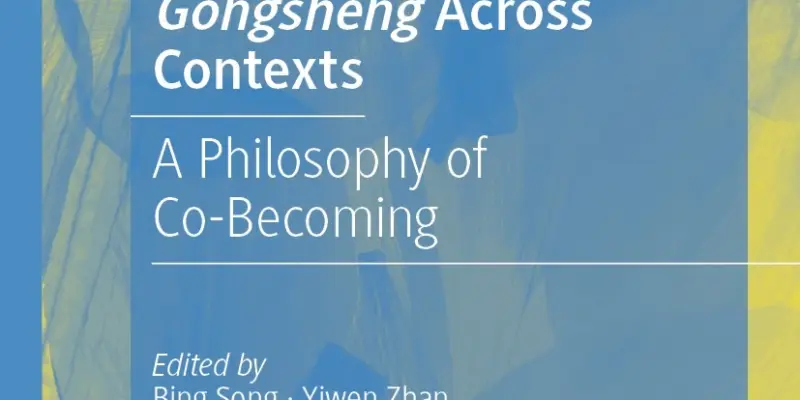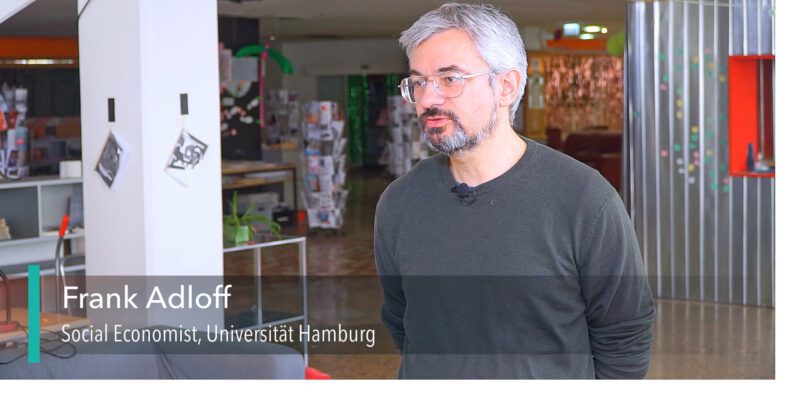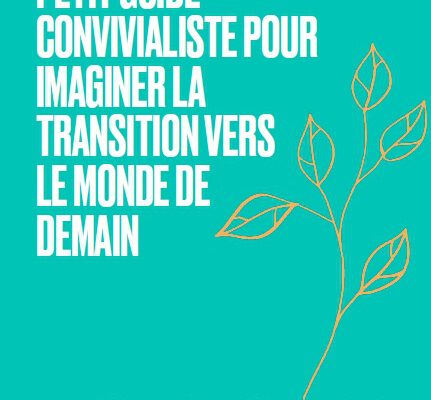Upcoming Event hosted by GSIS
Upcoming Event on Convivialism: “Critical Bifurcations. A theoretical reflection on the transition to a convivial society“ Save the Date: As […]

Upcoming Event on Convivialism: “Critical Bifurcations. A theoretical reflection on the transition to a convivial society“ Save the Date: As […]

“Convivialism and Asian traditions of thought (gongsheng/kyosai). Faced with global struggles for recognition” by Alain Caillé The written lecture by […]

Four upcoming events between April the 26th and May the 8th on a convivial society hosted by our partner GSIS […]

This latest Publication sheds light on the term gongsheng/kyōsei, which is used in Chinese and Japanese to not only translate “symbiosis” in biology but also broadly deployed in philosophical, social and political contexts.

An online panel on the “Convivialist Manifesto & Manifestation” was held on Febr. 17th 2024 as part of the World Social Forum 2024 in Nepal. A video of the panel can be watched on YouTube.

Panel on Convivialism at the World Social Forum | Sat., Febr. 17th,11.00AM – 12.30PM CET Convivialist Manifesto & Manifestation World […]

In October 2023 the Institute for a Global Sustainable Information Society (GSIS) organized its first major event: “Utopia(s) reloaded: Science, activism and the techno-eco-social transformation.” For three days scientists and activists alike discussed the role of utopian/dystopian imaginaries of the future in transforming global risks. In intensive debates visions of how a sustainable living could be possible took shape.

The “Petit guide convivialiste pour imaginer la transition vers le monde de demain” was written on the occasion of the 25th Conviviabule, on behalf of the Conviviabule Association, by Alexandre Da Costa, a graduate in social sciences, with the aim of creating a practical and accessible tool for people and associations who want to act in favor of an ecological and inclusive transition.
Convivialist International: The Art of Living Together by Noemi Gal-Or, Alain Caillé, November 2023 This article is a contribution to […]

On May 22 and 23, 2023, a workshop on “Scholar-Activism and Transformative Knowledge” was held at the Hamburg based Centre on “Futures of Sustainability.” It was organized by Frank Adloff (Director of the Centre) in collaboration with Madhulika Banerjee and Tobias Müller, who are Fellows at The New Institute (Hamburg).